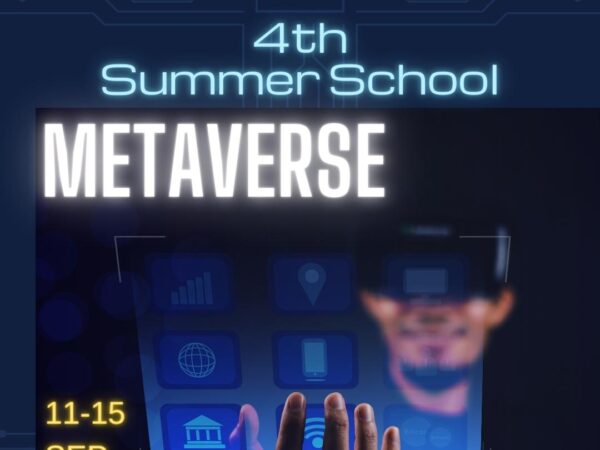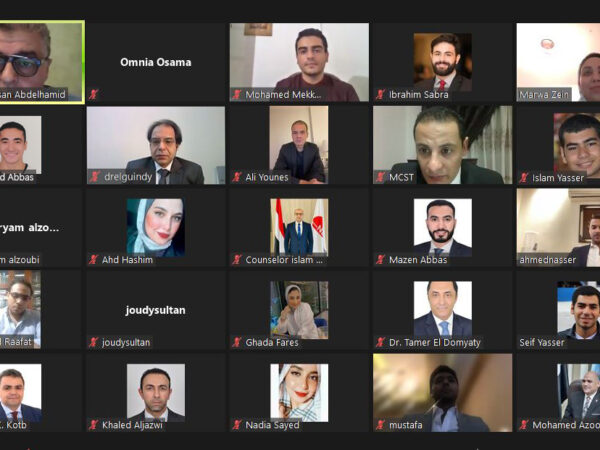
The pace of technological innovation is exacerbating in an unprecedented rate to the extent that several generations of technology became outdated already before governing them legally.
Undoubtedly, this contributes to opening new horizons of scientific breakthroughs and economic growth that reflects in an overall quality of life to human beings. Nevertheless, and just like any other social phenomenon, legal questions arise from the deployment of novel technologies especially those enjoying autonomy.
By and large, digital transformation is the integration of digital technology into all areas of a business, fundamentally changing how to operate and deliver value to customers. In this regard, this has culminated in the emergence of top-notch technologies that enjoy autonomy opposing human beings. Having a self-driving car, decision-making systems or killer robots are indeed unprecedented challenges that needs to be legally and socially addressed. In another context, the new category of markets; namely digital markets, are witnessed completely new notions of competitions that are being characterized by their dependence on data.
The Egyptian legal system has never encountered the idea of artificial or technology generated subjects that may or could impose material harm or do a legal transaction in the same way a human being would do. Thus, it is of utter importance to validate such legal incidents from the lens of the Egyptian positive law as well as the Sharia law as the mother school of the modern system.
There are several legal jurisdictions that started to take firm steps towards regulating the use of metaverse, blockchain, cryptocurrencies and artificial intelligent agents since there is an urge to have legal rules to govern their functioning and the potential threats that might arise. Although there is legal rules or landmark legal precedents to date, there is a growing interest towards formulating national strategies and legal framework to set out the main principles, fundamental rights and goals that are sought to be achieved. Egypt has launched a National Artificial Intelligence Strategy that aims to promote the use of artificial intelligence in both the public and private sectors.
The Egyptian Private sector is on track as well. Establishing the first Egyptian city in the metaverse was a milestone that proves the willingness of the Egyptian youth and innovators to adopt digital solutions and maximize the benefits of emerging technologies. As manifested in Egypt’s vision 2030, mega changes on the scientific and legal arenas were alert.
Serious steps have already been taken towards governing modern technologies in a way to maintain balance between human rights without hindering the scientific innovation. This is clearly viewed in the promulgation of a set of laws in this area such as data protection law, central bank law, combatting cybercrime law, e-signature law. In the same vein, several governmental bodies have been established to implement the national strategies and monitor the execution such as: Egyptian Competition Authority.



